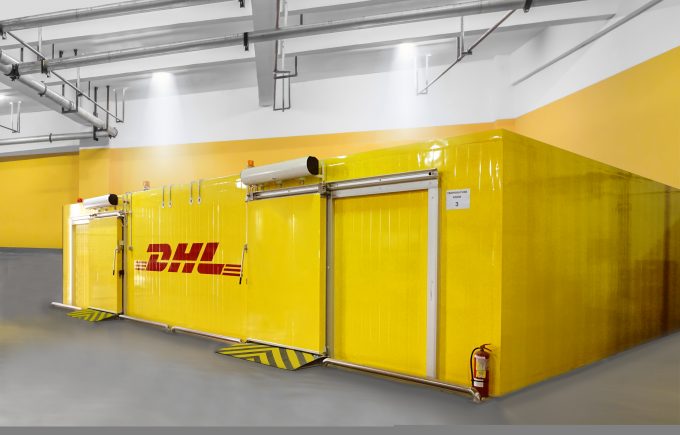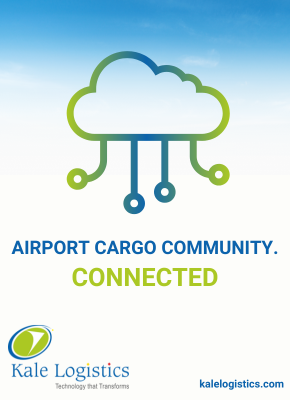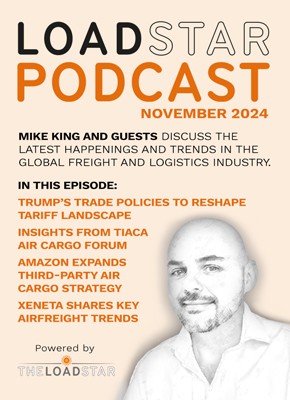
DHL Global Forwarding (DGF) is boosting Indonesia’s booming pharmaceutical industry with a new bonded cold storage facility in Jakarta.
Located in the cargo area of the city’s international airport, it will provide pharma shippers with a 2-8°C storage environment and in-house customs handling with extended clearance times.
“Indonesia’s pharmaceutical market is projected to grow by 10% a year, to be worth more than US$12bn by 2022,” said DGF Indonesia president Vincent Yong.
“This is driven largely by growth in the domestic market for generic drugs and increasingly accessible healthcare country-wide, creating significant opportunities for both multinational and domestic life sciences operators to scale up their operations.”
The cold storage is equipped with 24/7 surveillance cameras and a system that automatically generates SMS notifications to accelerate response to critical shipment events.
Mr Yong told The Coolstar that while DGF Indonesia’s focus was on life sciences and healthcare, the country’s demand for cold chain logistics services was accelerating in perishables, too.
“The demand for cold supply chain facilities in Indonesia is mostly driven by the food and beverage (F&B) industry, such as the fish, poultry, fruits and vegetables markets which have a huge demand for such supply chain needs. However, the facilities available are not enough to satisfy the market demand.
“Other than F&B, the pharmaceuticals and retail sectors are also among the top markets with a demand for cold chain facilities. As the technology and requirements of pharmaceuticals companies are undoubtedly more sophisticated and stringent, advanced technology in cold chain facilities is needed,” he explained.
To meet these requirements, DGF built its new cold storage with first-grade Mills Test-certified materials, and had its capabilities audited, calibrated and certified by the DKI Jakarta Agency for Meteorology, Climatology and Geophysics.
Indonesia has successfully boosted it logistics industry over the past two years with the introduction of bonded logistics centres (PLBs). These act as mini free-trade zones around the country, facilitating low-cost warehousing and storage. They are credited with giving Indonesia a much needed leg-up against competitors Malaysia and Singapore in the regional logistics hub stakes.
Mr Yong said DGF’s new cold storage hub – which provides in-house customs clearance after the standard 4pm cut-off time – is different to the PLBs as it used for temporary storage of imports, whilst the PLBs are used to store cargo for up to three years or longer.
“PLBs also offer partial customs clearance services, as well as re-export activities, depending on the customers’ needs. Nevertheless, DGF also operates several PLBs across Indonesia to support our customer demands and requirements,” he noted.
While demand for cold chain logistics may be taking off, Indonesia’s unique geography presents significant hurdles for transporting temperature-controlled cargo.
“The main challenge for supply chain logistics in Indonesia, including the cold chain, is the lack of supportive infrastructure, particularly sufficient and structural electricity supplies and an underdeveloped road network, especially in regions outside Java,” Mr Yong said.





